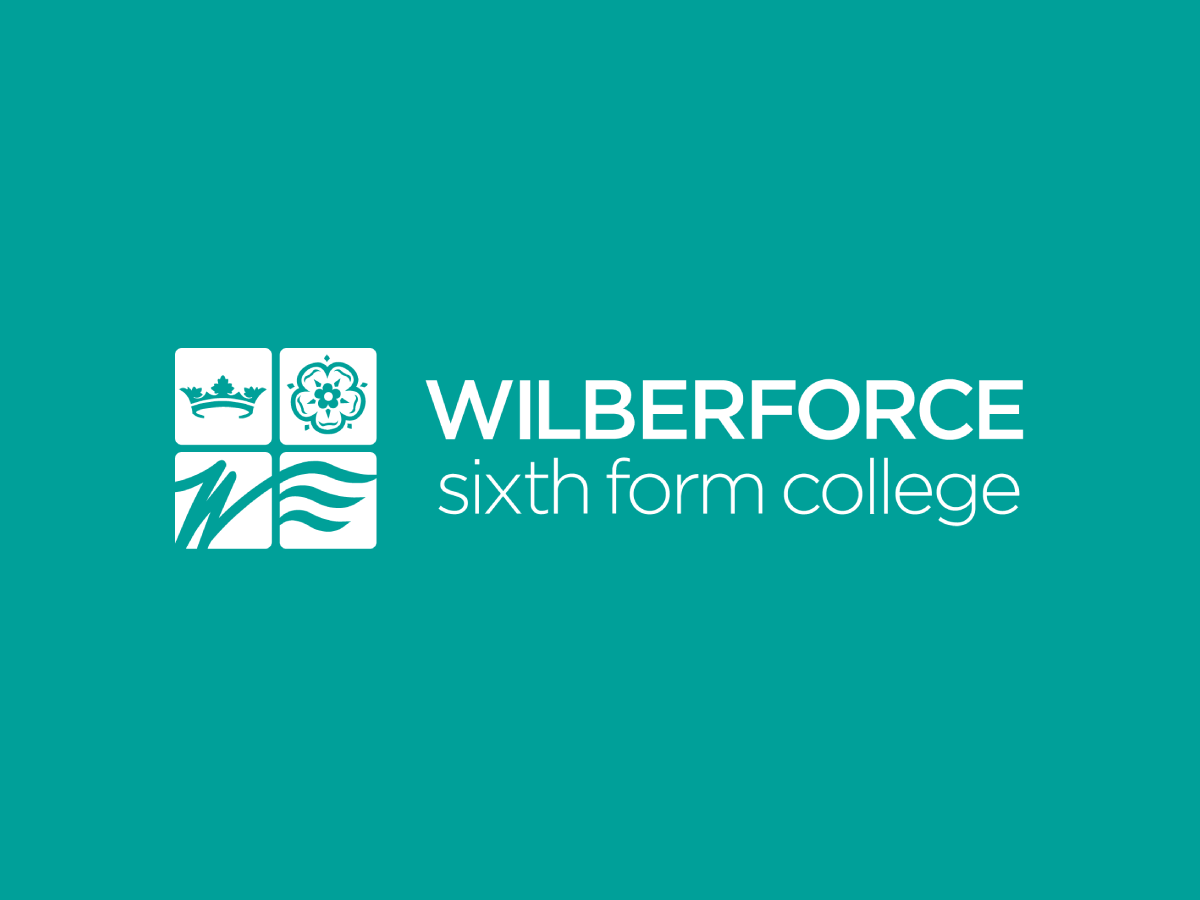Overview
One reason to study Philosophy, Ethics & Religious Studies is because it deals with some of the most important questions in life, like does God exist? How do we know what is right or wrong? What role does religion have in modern society? Through studying and discussing these issues you will improve your thinking skills and ability to develop an argument.
You will learn to think philosophically about issues, understand how key ideas have developed
through the work of philosophers in the past and recognise their influence on ideas in society
today.
What will you learn?
In the first component, you will explore philosophical and ethical dilemmas, such as explanations for evil and suffering, whether animals have souls, and the extent of human free will. These dilemmas will be understood alongside the works of key philosophical thinkers, such as Kant, Bentham, and Aquinas.
In component two, you will explore the Christian faith, engaging with various sources of wisdom and developing an understanding of the role of religious beliefs in a variety of issues, such as life and death. You will also apply your knowledge of philosophy and ethics to religious issues and consider whether belief is reasonable and coherent and how Christians should respond to issues of wealth, religious freedom, and tolerance.

Who is the course aimed at?
If you enjoy discussing contemporary issues and want to improve your thinking skills. This is a course that will suit students with an inquiring mind, who enjoy exploring perspectives and are open to the rigorous study of religion.
-
Entry Requirements
You must have a minimum of five GCSEs grades 9-4, including English Language and Maths
-
Experiences
There will be opportunities to visit external places of religious interest and engage with visitors from a number of external agencies.
-
Progression
As well as preparing a student for one of the variety of degree courses in Philosophy or Religious Studies, an A Level in Philosophy, Ethics & Religious Studies is of the same value as any other A Level. This can be used as part of basic entrance qualifications for a university course, especially in the arts, humanities or law. This course is also a valuable subject for those intending to enter the teaching profession. Most primary school teachers are involved in teaching Religious Studies and at secondary level there is still a shortage of specialists.
-
Outcomes
Many graduates use their religious studies degree to pursue professional and graduate programs, and eventually careers, in various areas including education, journalism, sociology, law, social work and medicine
-
What can I study alongside this course?
This course is an A Level and so you need to study 2 other courses alongside which are either A Levels or Level 3 Extended Certificates to complete your full programme.
perfect course












